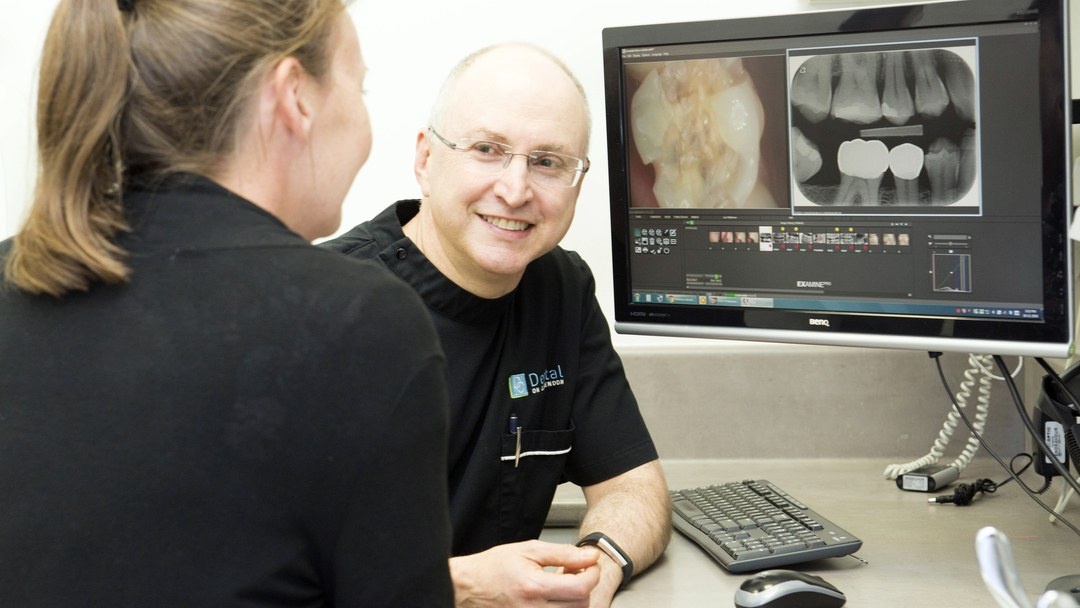- December 2024
- November 2024
- October 2024
- December 2023
- April 2022
- March 2022
- February 2022
- January 2022
- November 2021
- October 2021
- September 2021
- August 2021
- July 2021
- January 2021
- December 2020
- November 2020
- October 2020
- September 2020
- August 2020
- July 2020
- June 2020
- May 2020
- April 2020
- March 2020
- February 2020
- January 2020
- December 2019
- August 2019
- July 2019
- June 2019
- May 2019
- April 2019
- March 2019
- February 2019
- January 2019
- December 2018
- November 2018
- October 2018
- September 2018
- August 2018
- July 2018
- May 2018
- April 2018
- March 2018
- February 2018
- January 2018
- November 2017
- October 2017
- September 2017
- August 2017
- July 2017
- June 2017
- April 2017
- March 2017
- January 2017
- October 2016
- October 2015
- September 2015
- August 2015
Everything You Wanted to Know About Wisdom Teeth
22 October,2018Did you know that wisdom teeth are generally the last teeth to erupt in the mouth, but are also most frequent teeth to be extracted? While there’s plenty of information about impacted wisdom teeth and how to take care of yourself post wisdom tooth removal, it’s not as well-known as to why we even have them in the first place.
Here are some of our favourite facts about wisdom teeth.
Why Are They Called Wisdom Teeth?
Unfortunately, the name ‘wisdom teeth’ doesn’t mean that you suddenly become very clever once they come in. It simply refers to the fact that you’re usually older once your wisdom teeth start to come in – usually between the ages of 17 and 25. This age bracket was once commonly known as ‘the age of wisdom’.
Some People Aren’t Even Born with Wisdom Teeth!
If you’re not experiencing painful, impacted wisdom teeth then you might call these people ‘the lucky ones’. Yes, not everyone has wisdom teeth – 35% of the population to be precise. While most people do have wisdom teeth, some people have genetic differences that make them less likely to develop wisdom teeth at all.
The only way to find out if you were born with wisdom teeth is to have an x-ray in your late teens or early twenties.
Why Do We Even Have Them?
The reason why we have wisdom teeth, or our third set of molars, is because our ancestors evolved to eat a diet heavy in leaves, nuts, roots and meats. Their diets were difficult to chew and caused teeth to drift, making room for these third molars to grow. Nowadays, our diets are much easier on our teeth, meaning our teeth don’t move as much, giving wisdom teeth less room to grow.
Why We Remove Wisdom Teeth
If wisdom teeth erupt into the mouth they actually have a higher rate of cavities and tooth decay than other teeth due to their position in the mouth. If wisdom teeth are impacted, which means they never erupt completely, they can lay horizontally under your gum line, pushing against your back molars. This can be incredibly painful and cause damage to other nearby teeth and can cause inflammation as well as infections.
Not everyone needs to have their wisdom teeth removed, and it’s important to discuss all your options with your dentist. If you have any questions or concerns about your incoming or impacted wisdom teeth, please give our office a call to discuss your options or to book an appointment.
Any surgical or invasive procedure carries risks. Before proceeding, you should seek a second opinion from an appropriately qualified health practitioner.


